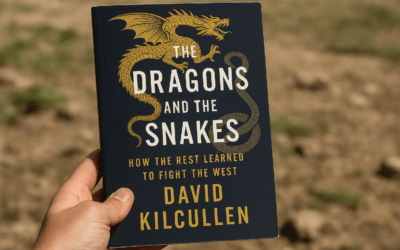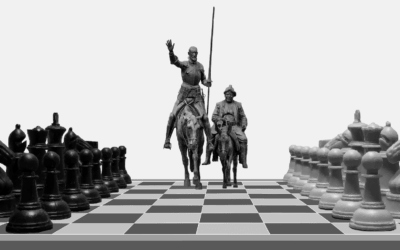EPISODE 161
Tactical ADHD: Managing Attention

Situational awareness demands focus and selective attention. Sometimes playing on your phone can help, and sometimes it can kill you. Most people can’t multitask as well as they think, but Mike and Jim will give you strategies to outmatch your enemy and avoid becoming a LUMP.
FAA Task Management White Paper
Aviation Week article on Compartmentalization
Wiki Page Eastern Flight 401
The Invisible Gorilla: How Our Intuitions Deceive Us by Christopher Chabris and Daniel Simons:
The Invisible Gorilla video
Find us on social media (Facebook/Twitter/Instagram/YouTube) @TacTangent. You can join the conversation in our Facebook Discussion Group.
Find all of our episodes, articles, some reading list ideas, and more on our website www.tacticaltangents.com
Like what we’re doing? Head over to Patreon and give us a buck for each new episode. You can also make a one-time contribution at GoFundMe.
Intro music credit Bensound.com
Find us on social media (Facebook/Twitter/Instagram/YouTube) @TacTangents
You can join the conversation in our Facebook Discussion Group.
Find all of our episodes, articles, some reading list ideas, and more on our website www.tacticaltangents.com
Like what we’re doing? Head over to Patreon and give us a buck for each new episode. You can also make a one-time contribution at GoFundMe.
Intro music credit Bensound.com
CLICK BELOW TO SUBSCRIBE NOW ON YOUR FAVORITE PLAYER
THANK YOU TO OUR SPONSORS! PLEASE GO CHECK THEM OUT
Recent Episodes
Teaching the Enemy: Lessons from The Dragons and the Snakes
From guerrilla warfare and liminal conflict to use-of-force doctrine and law enforcement tactics, this episode connects military theory to street-level realities. Are we in a new kind of war without even knowing it? And what are we teaching our opponents every time we act?
It’s Chess AND Checkers–Tactics and Strategy Unite!
Why do we focus so much on tactics and so little on strategy? In this episode, Mike and Jim tackle the divide between street-level action and big-picture thinking. Drawing on lessons from policing, the military, and community crime prevention, they explore how individual cops, community members, and leaders can influence criminal decision-making—not just react to it.
Topics include resource constraints, the Broken Windows theory, and strategies for shifting offender perceptions to prevent crime before it occurs.












